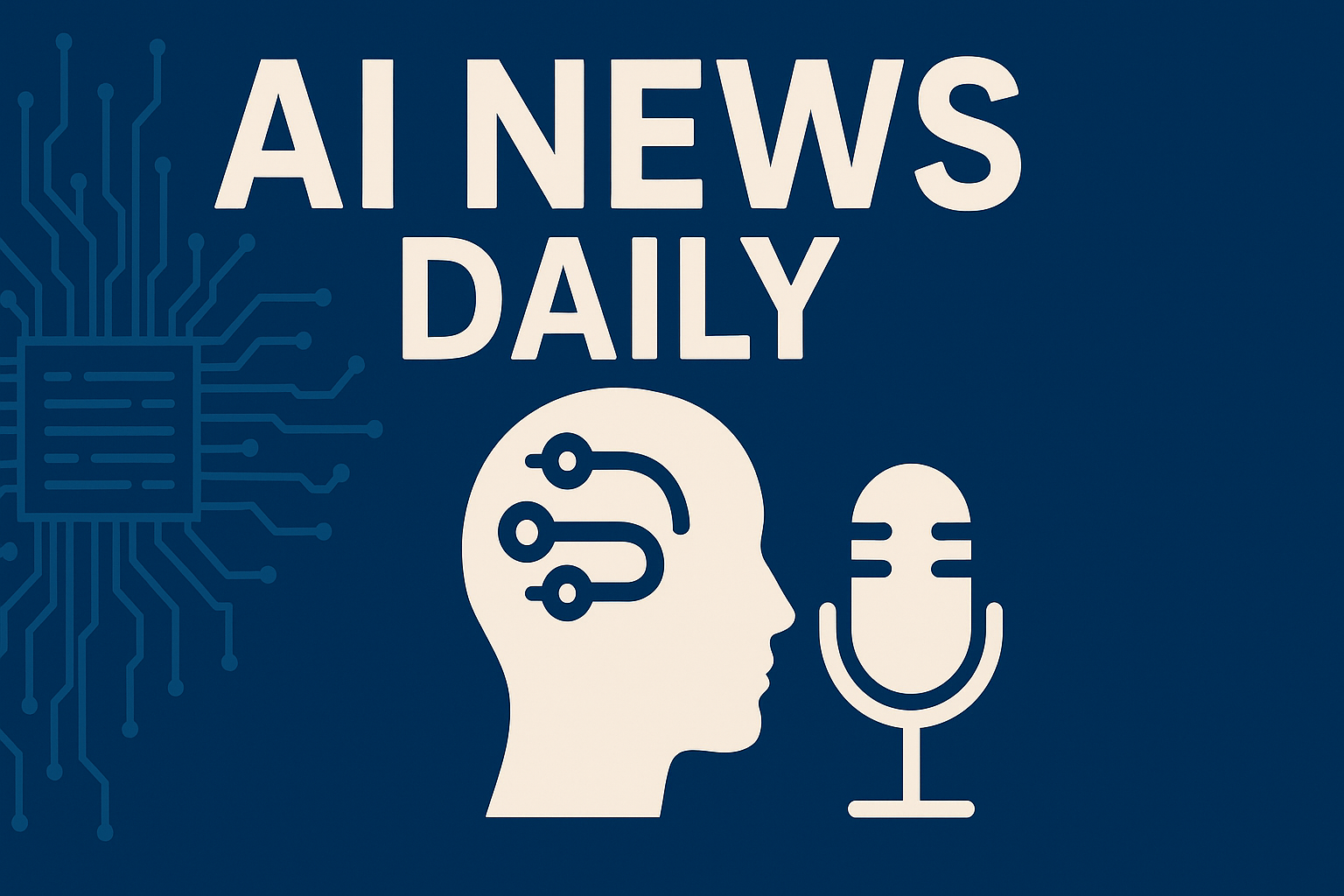Title: OpenAI Unveils GPT-5 and Launches Secure, Affordable AI Models Amid Increased Adoption and Security Scrutiny
Content:
OpenAI has officially launched GPT-5, its most advanced AI model yet, introducing significant improvements in reasoning, code generation, and reduced hallucination rates. GPT-5 features enhanced writing capabilities, superior performance in healthcare and enterprise applications, agentic automation, and support for customizable personalities. Now accessible to all ChatGPT users, it will soon power Microsoft 365 tools and supports multimodal functions, reinforcing OpenAI’s position as an AI industry leader with over 700 million weekly users. Variants such as GPT-5-mini, GPT-5-nano, and GPT-5-chat address diverse user needs.
OpenAI’s CEO Sam Altman highlighted GPT-5’s potential to revolutionize healthcare by providing advanced diagnostic and administrative support. Nonetheless, the company acknowledges lingering risks, as around 10% of GPT-5’s responses may still contain factual inaccuracies, underscoring the need for critical human oversight, especially in clinical settings.
In an effort to democratize AI access, OpenAI has also released its first open-source large language models, gpt-oss-20b and 120b, for local and offline use. AMD’s new Ryzen AI MAX+ 395 consumer processor is the first capable of running gpt-oss-120b natively, broadening access to powerful AI without reliance on cloud infrastructure. To bolster safety, OpenAI launched a $500,000 bug bounty for vulnerabilities in its open models. However, within hours of release, these models were exploited by a well-known “jailbreaker,” raising fresh concerns about AI security and prompting OpenAI to accelerate efforts to improve robustness.
On the enterprise front, OpenAI is making ChatGPT Enterprise available to U.S. federal employees for just $1 per year, in partnership with the General Services Administration. This move aims to modernize government workflows, train the public sector workforce in AI, and includes built-in privacy measures. The initiative signals deepening collaboration between technology companies and government, although it also raises questions regarding data security and increased reliance on private platforms. Meanwhile, OpenAI’s affordable and high-performance models, including GPT-4o Mini and open-weight GPT-OSS, are being touted to help power digital transformation in countries like India, supporting innovation in education, healthcare, and public services.
Notably, security in AI integrations has come under the spotlight after researchers uncovered critical vulnerabilities in OpenAI Connectors and other AI systems—some allowing data leaks via hidden prompts, as demonstrated with Google Drive. OpenAI and Microsoft have issued fixes, but experts warn that similar attacks remain possible. These security incidents underline the urgent need for vigilance and defense as AI becomes more embedded in business and daily life.
OpenAI’s flurry of releases comes amid intensifying competition with rivals such as Google’s Gemini 2.5 Pro, with both companies advancing multimodal AI, accuracy, and autonomous capabilities. The rapidly evolving landscape not only promises to reshape industries and accelerate adoption but also raises regulatory and safety scrutiny as AI’s role in society expands.
